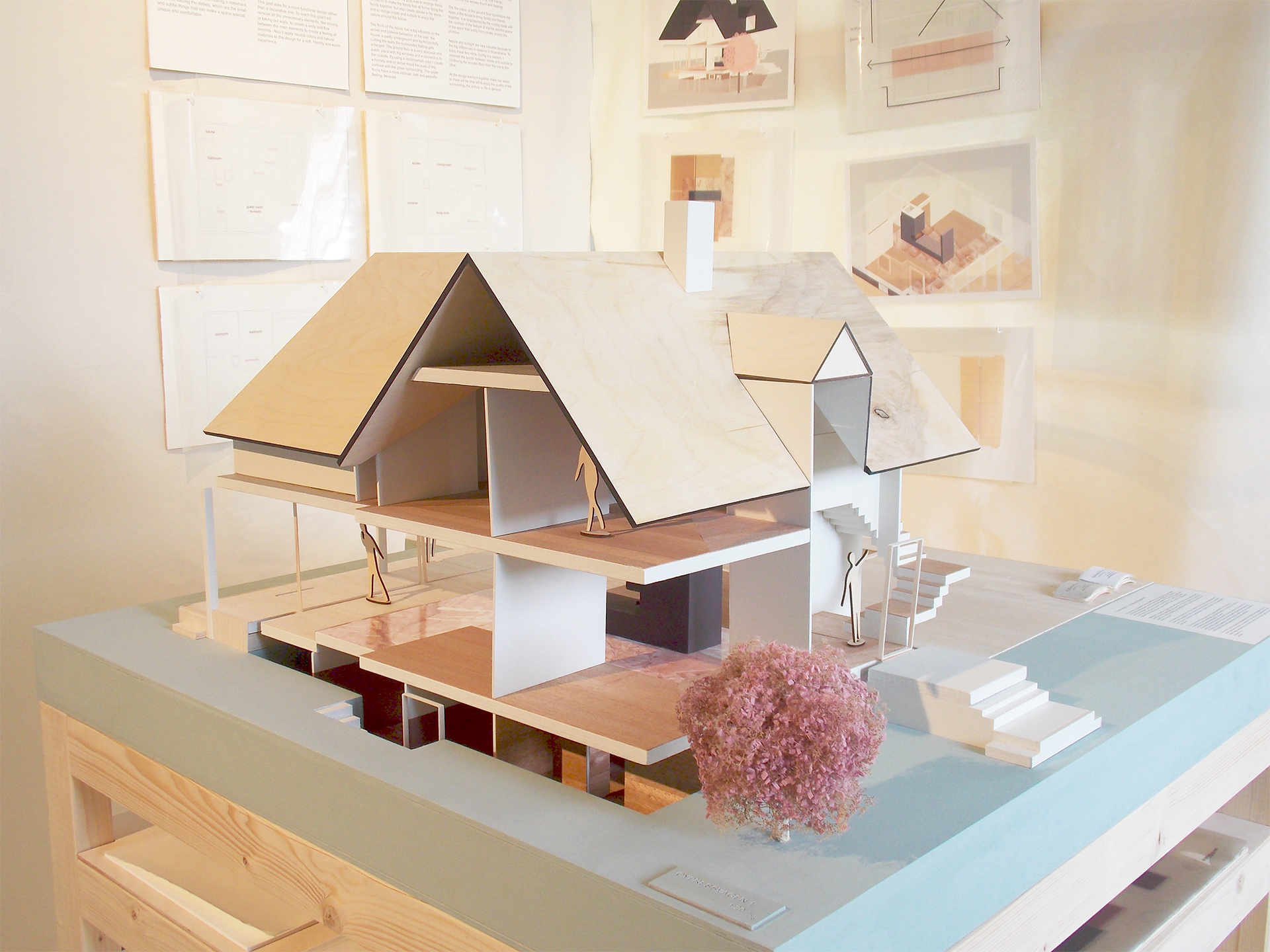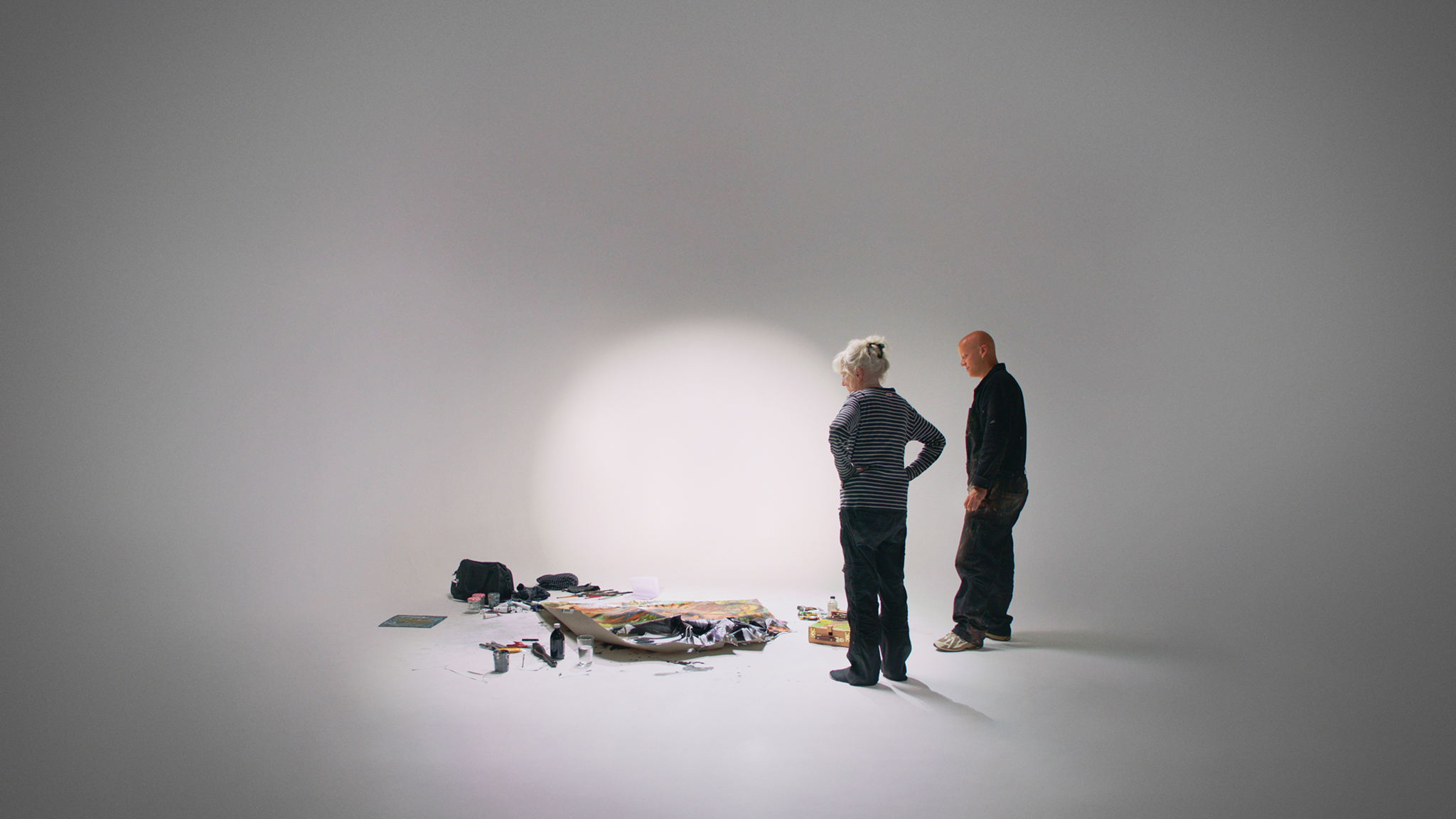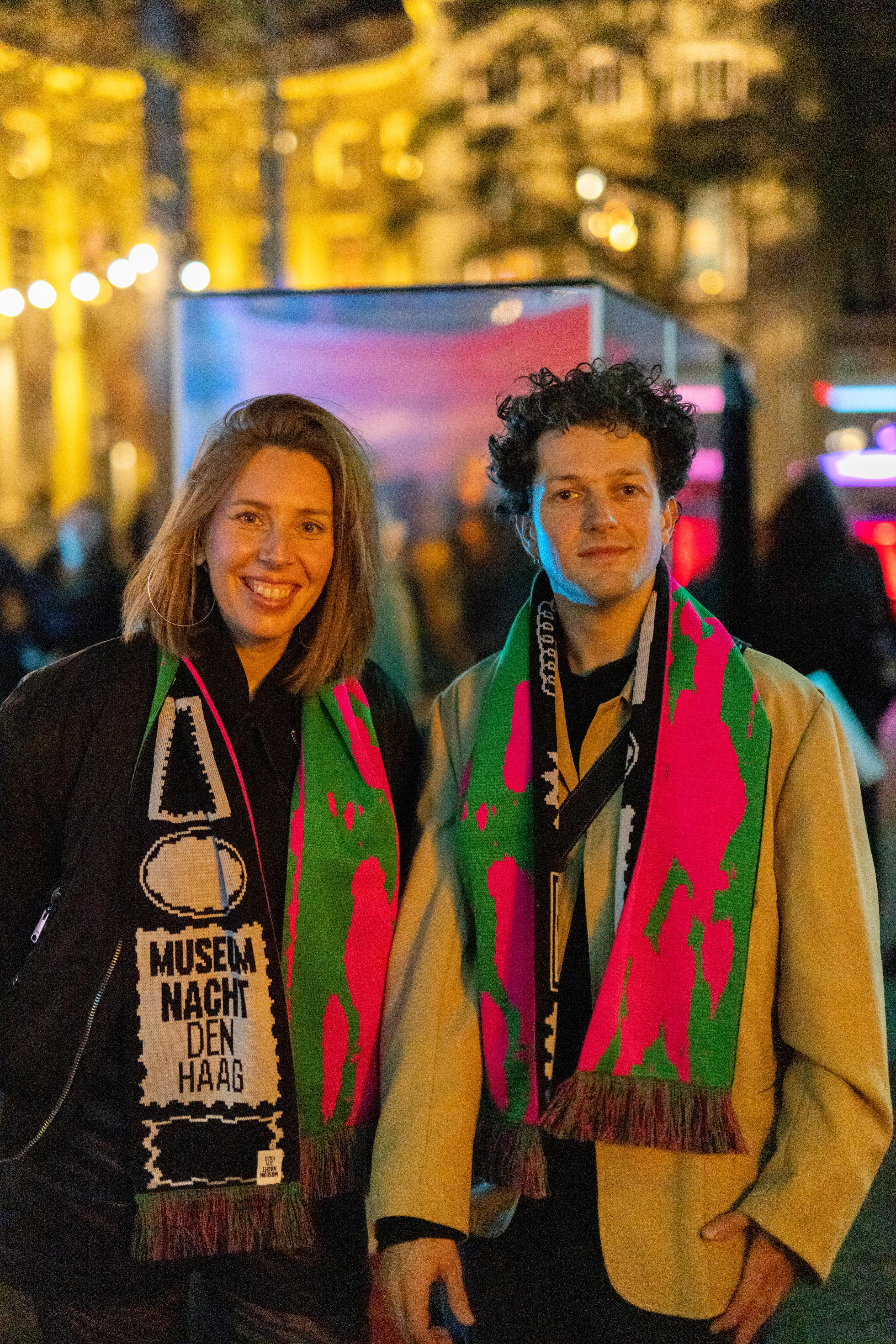On 9 October 2025, the Dutch Sustainable Fashion Week (DSFW), in collaboration with the Willem de Kooning Academy, Rotterdam Academy, Albeda and Zadkine, organised a special event in the heart of Rotterdam under the statement:
“Why should we continue with a system that causes so much damage when we know there is another way?”
The day brought together students, designers, local craftspeople, policymakers and fashion professionals to collectively imagine and shape a new fashion world: one in which beauty no longer comes at the expense of people or the planet. Throughout the day, fashion students participated in interactive workshops, lectures and discussions exploring how fashion can reflect our values rather than merely our tastes.
WdKA played a central role in the content of the day, contributing a series of lectures and workshops by designers Maaike Gottschal and Dasha Tsapenko. Their programme focused on two materials — flax and fungi — representing two complementary approaches to sustainable design: circular and regenerative.
WdKA Programme: Material as Systemic Change
Morning lectures – Circular and regenerative design in practice
In the morning, Maaike Gottschal and Dasha Tsapenko each delivered a lecture introducing their design practices and research on sustainable (bio)materials. Both explored how materials can act as agents of social and ecological transformation.
Maaike Gottschal, designer and founder of Textielfabrique Rotterdam, focused on flax, a centuries-old but newly rediscovered material valued for its natural contribution to soil health, biodiversity and sustainable agriculture. Through her project Linen Beyond Fashion, Gottschal demonstrated how the revival of flax cultivation in the Netherlands reconnects craft, ecology and local production, forming the basis for a circular textile chain. She emphasised the importance of time, craftsmanship and quality as essential counterbalances to the culture of fast fashion.
Dasha Tsapenko, a Ukrainian-born bio-designer and founder of Atelier Dasha Tsapenko, presented her work with living materials. Her practice operates at the intersection of fashion, agriculture and microbiology, in collaboration with scientists and farmers to grow materials such as fungi and mycelium into textiles and garments. Tsapenko’s regenerative approach goes beyond reducing environmental harm; it seeks to actively restore and enrich ecosystems. Her presentation offered students a glimpse into a future where fashion is literally alive and collaborative.
Together, these lectures highlighted a key distinction within sustainable design: circular design seeks to close material loops and minimise waste, while regenerative design aims to heal and revitalise the systems that sustain us.
Photography by Wilke Geurds
Afternoon workshops – Learning through making: Flax and fungi
In the afternoon, a selected group of about twenty-five fashion students participated in hands-on workshops co-organised by the Fabric Station and the Living Station Lab at WdKA. These sessions invited students to experiment directly with sustainable materials and explore the ecological and social stories they carry.
The workshop led by Maaike Gottschal, titled Flax in the Circular Chain, guided students through the process of working with locally grown flax. Participants learned about spinning and weaving techniques and discussed how material choices influence a product’s lifespan, reusability and local identity. The session encouraged reflection on the role of local materials and craftsmanship in circular design.
In the workshop Growing Textiles, led by Dasha Tsapenko, students worked with mycelium as a living material. They conducted small-scale growth experiments and observed how biological processes can shape design outcomes. The session encouraged a shift in thinking — from designing with static materials to designing with living systems.
WdKA’s contribution to the Dutch Sustainable Fashion Week demonstrated how education, research and craft can come together to support systemic change in the fashion industry. By connecting material experimentation with ecological and ethical reflection, students gained both technical knowledge and a deeper understanding of design as a relational practice; one that engages with social, economic and environmental contexts.
The lectures and workshops by Gottschal and Tsapenko invited students to think critically about material origins, lifecycle design and the broader consequences of creative decision-making. The event reflected WdKA’s commitment to practice-based, forward-thinking design education in which sustainability is embedded as a fundamental mindset rather than treated as a separate theme.


